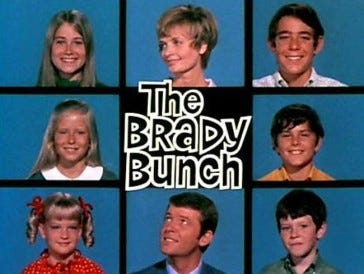How the Julie Andrews Oscar Tribute Identified the Biggest Problem with “Christian” Movies


In likely one of her most beautiful and memorable performances, pop-star Lady Gaga revisited the 1965 Classic, “The Sound of Music” with an outstanding tribute to Julie Andrews and her musical contributions to the film.
Lady Gaga Tribute to Julie Andrews & “The Sound of Music”
It is worth noting that Gaga is not known for being a ‘lady’ and a great deal of her notoriety is based upon some of the most un-lady-like behavior. Yet here, Lady Gaga offers an elegant and skillful performance that may exceed the artist whom she was paying tribute to. There is nothing in Gaga’s Billboard hit collection that would suggest that she was capable of such a performance and her peculiar stage personality has been eclipsed by the beauty of the original music. Despite a five decade span between the theatrical release and now, this performance refused to enjoin the modern progress of musical artistry.
Can we think of many styles from 1965 that would enjoy such a powerful reception? How is it possible that the “Sound of Music” can remain ‘good art’ even today without adapting to the changing ethos of American artistic expression?
Julie Andrews on Great Music
Following Lady Gaga’s performance she was joined on stage by the original Maria. Julie Andrews thanked Gaga for her beautiful tribute and gave the most eloquent and poignant remarks of the entire night. In her short speech, I believe that Andrews also identified the fundamental problem plaguing a Christian view of the arts.
“Great music does more than enhance a film,” says Andrews “it cements our memories in the film-going experience. I mean, imagine the “Godfather” without its iconic theme… or the wondrous themes in the music of John Williams in “Star Wars.”
The Imagination and Christian Movies

I would posit that while classics like the, “Sound of Music” will be respected as time-tested art, much of the Christian material today will be remembered as well as Julie Andrew’s contemporaries like the Brady Bunch. Our dated, irrelevant, and artistically flat modern “chick tract” style Christian movies are destined for the same shelf as the story of a lovely lady and her family in a nine-frame box.
As Christians, we are called to embrace the majesty of God’s creation in its fullness and to use the arts in our attempt to express what is truly great and beautiful. All of art, and especially the cinema for our age, is a call to experience the pleasure of Christ’s goodness and to stretch and renew our mind’s imagination. Art in this sense is not merely an extra, but essential to what it means to give glory to God.
I want to see a generation of filmmakers less concerned about how actors dress, and passionate about how a film’s score is as powerful a testimony of the greatness of God as the script.
As Martin Luther said, “I feel strongly that all the arts, and particularly music, should be placed in the service of Him who has created and given them.”
The post How the Julie Andrews Oscar Tribute Identified the Biggest Problem with “Christian” Movies appeared first on Kuyperian Commentary.

